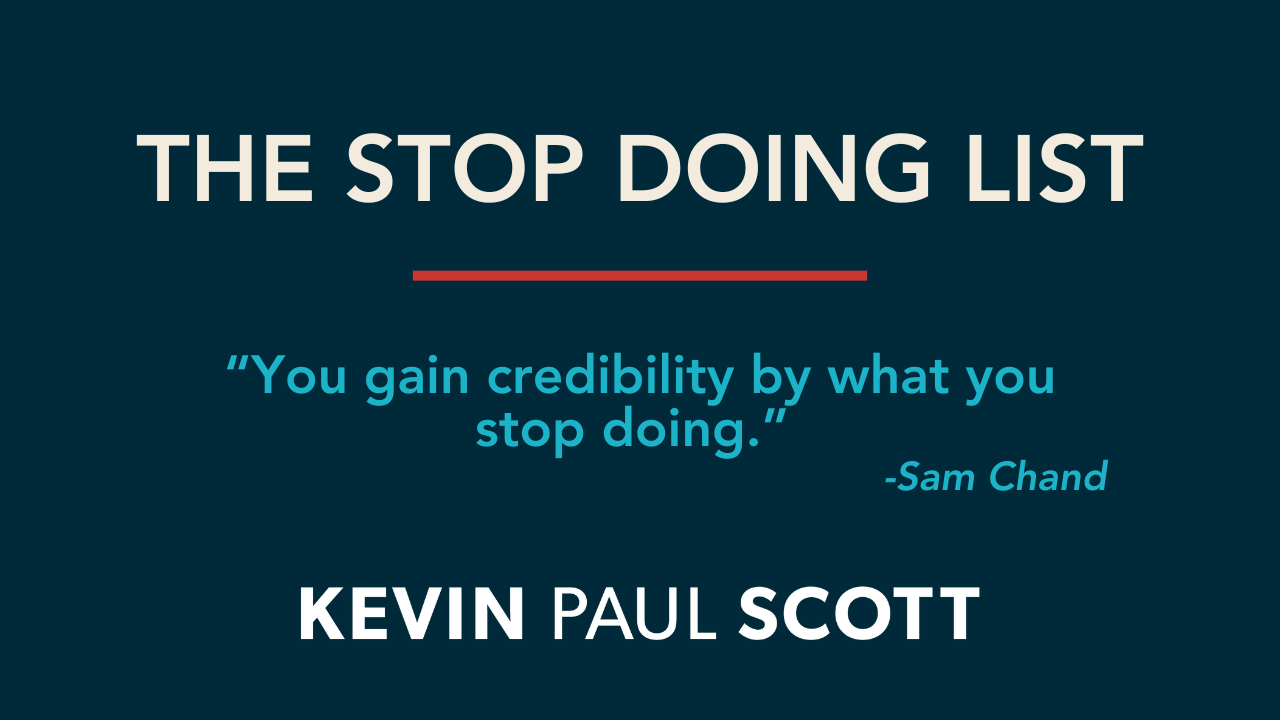When I believe something will be valuable, I start to highlight the many benefits. And occasionally, I have the tendency to overpromise.
And that’s a problem. Not just overpromising.
Anytime we set expectations too high, we run a real risk of disappointing people.
Let me give you an example:
More than ten years ago I went to Cuba for the first time and had an incredible experience. It’s tough to put into words how fascinating it was—it’s only 90 miles from the United States, but in many ways, it felt 50 years apart. I loved the experience and was eager to take others back to with me.
After working through the licensing process to take people legally into Cuba, we created an “ADDO Ambassador Trip.” Something surprising happened… many individuals on our first trip returned home disillusioned and disappointed.
Don’t get me wrong, they thought Cuba was interesting. However, they were unimpressed with the hotel because it was old. Communication with friends and family back home was difficult because access to Wi-Fi was limited—it was unbelievably expensive and worked at the speed of dial-up internet. Our schedule was constantly changing and required flexibility as the itinerary shifted from day to day.
We learned that our participants enjoyed the culture and experience, and most of the dissatisfaction was simply the result of unmet expectations. As an organization, we had failed to lay out clear expectations for the trip.
Rather than give up hope that we could make this work, we devised a plan. The next time we took a group to Cuba, we created a flyer appropriately named “Is Cuba Right for You? Maybe.” In this brochure we explained that Cuba is a unique cultural experience, and that it is not going to be your typical Caribbean vacation. We made it clear that they would not be staying at an all-inclusive island resort, but instead would be immersed in the culture of the Cuban people, experiencing a slower pace of life. We encouraged everyone to be flexible. We explained that Cuba is an adventure, full of fascinating, unexpected, and often challenging experiences. In a tongue-in-cheek way, we suggested if someone were looking for an easy trip, they should explore an all-inclusive somewhere else.
The result? Amazing! After laying out these clear expectations, our next group loved the trip. The hotel was still outdated. There was still no easy access to the internet. Our communication problems were the same. Our schedule shifted and changed. But the expectations had been set, people were prepared, and they loved it!
Don’t miss this: Satisfaction with an experience is largely dependent on expectations being met or exceeded.
Satisfaction with an experience is largely dependent on expectations being met or exceeded.
Guess what? The same principle applies in many other areas of our personal and professional lives.
If we expect to wait ten minutes when we call a customer service line, we are excited when a person answers in less than two minutes.
However, when our significant other doesn’t answer the phone as soon as we call, we are frustrated.
The all-inclusive resort you booked for your honeymoon is way nicer than you thought you could afford on your tiny budget, so you and your new spouse are thrilled with the mediocre accommodations.
However, the hotel you booked for your ten-year anniversary is not nearly as nice as it looked in the pictures, so you find yourself disappointed and feeling ripped off.
One of your clients emails you late at night and is frustrated that you wait to answer until the next morning because they are accustomed to you responding within the hour.
However, a different client is pleasantly surprised by how quickly you respond to the emails that they send during the workday.
If we want people to be satisfied, we must set proper expectations.
When we can lower expectations, or at least paint an accurate picture of them, we set ourselves up for far higher levels of satisfaction.
I know it’s tough when we want to sell a customer, but if they understand there will be a learning curve then they tolerate it better. When a team member knows this season of work will be busy, they can prepare themselves for it.
As a leader, I’d challenge you to take time today to establish proper expectations in your personal relationships and work responsibilities. You’ll create high levels of long-term satisfaction when expectations are realistic.

























.svg)





